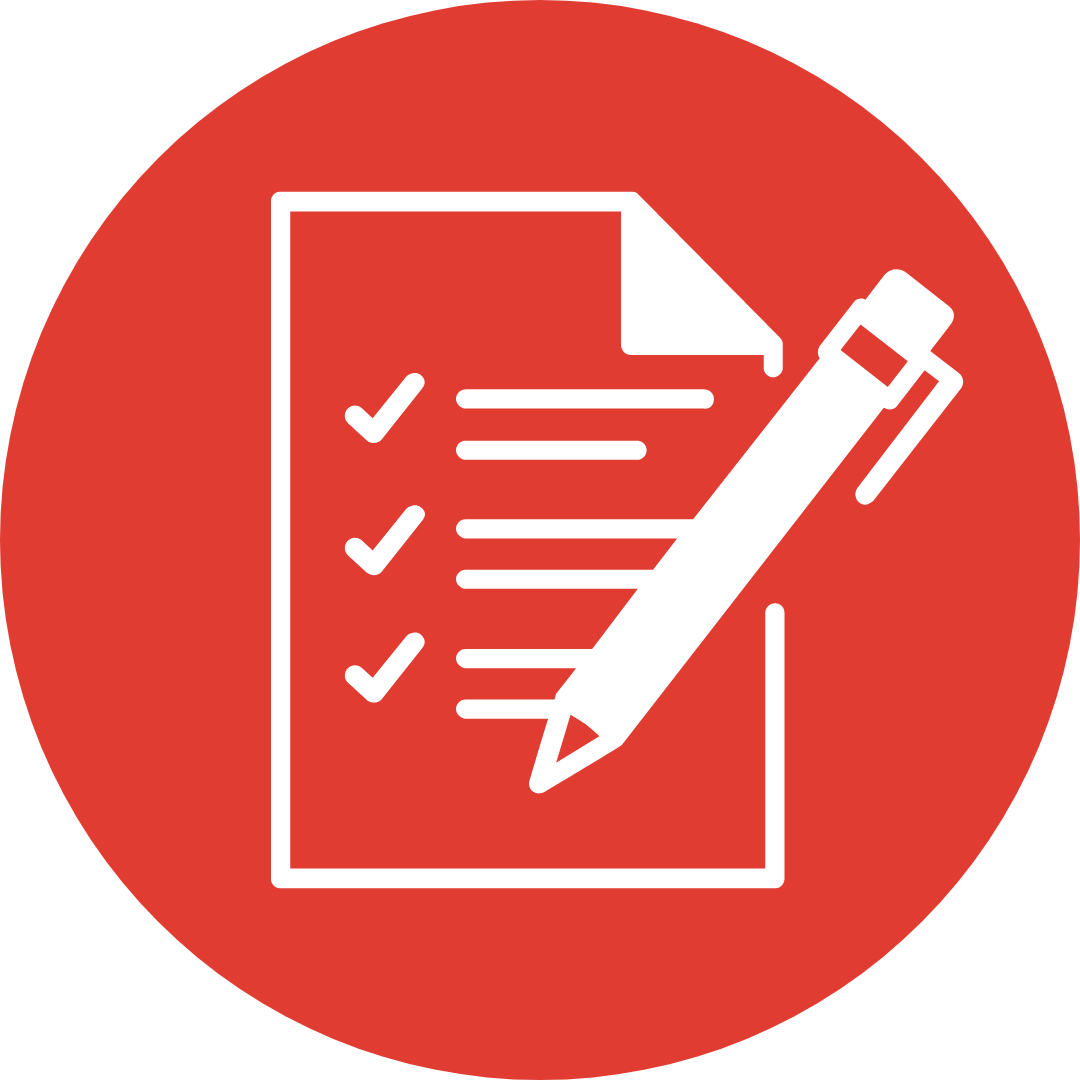Case Management
Case Management is the glue of our holistic model and the first point of contact for every refugee girl who enters our programs. To ensure each girl receives the specialized care she needs, our Case Management team conducts an intake assessment for needs identification and creates a comprehensive individualized service plan. We provide tailored support and attention to every young woman we serve and empower them with the skills and resources they need to advocate for their own rights. When girls leave our program, they know where and how to independently access services, what to expect, and how they should be treated.
Individualized Care
Once a girl has enrolled in the Girls Empowerment Program (GEP) or Safe House, our caseworkers complete an intake assessment with each participant that documents their biographical information, flight and family history, and living situation. This comprehensive assessment informs the Individual Service Plan (ISP) which outlines each young woman’s immediate needs, including mental and physical health, material assistance, family tracing, and alternative care arrangements, as well as her education goals. Every six months, girls review and update their ISP with caseworkers. This allows us to walk each girl’s journey with her and make changes to her care plan as needed.
Medical Support
We provide refugee girls with referrals, funds, and transportation stipends to access medical assistance through our network of partner clinics and hospitals. While most girls we serve are over the age of 18, some are minors and need security and translation. Our staff accompanies all minors to their appointments to ensure their safety and the accuracy of diagnosis and treatment. We have an on-campus nurse, and partner with local hospitals to provide lab tests, medicine, and emergency care for refugee women and their children.
Home Visits & Material Support
Case managers conduct regular home visits and support host families to ensure the protection of our beneficiaries and reduce future displacement. Our team also provides refugee girls, including those transitioning from the Safe House to independent living arrangements, with material support like rent assistance, food baskets, household items, sanitary products, and diapers for young mothers. The Case Management team helps ensures that young refugee women are able to meet their basic needs while at RefuSHE.
3,088
DIAPERS, SANITARY PADS, AND OTHER ITEMS OF MATERIAL ASSISTANCE DISTRIBUTED TO REFUGEE GIRLS IN 2021
Legal Aid & Referrals
We provide in-house legal support and partner with numerous agencies to advocate for and protect refugee girls and young women in Nairobi. Case managers connect refugee girls with the Department of Refugee Services and the United Nations High Commissioner for Refugees (UNHCR) for documentation needs, make referrals to Red Cross for family tracing, and work with HIAS on resettlement cases. We also refer refugee women and their children to legal aid clinics for appeals, custody orders, and child protection orders.


